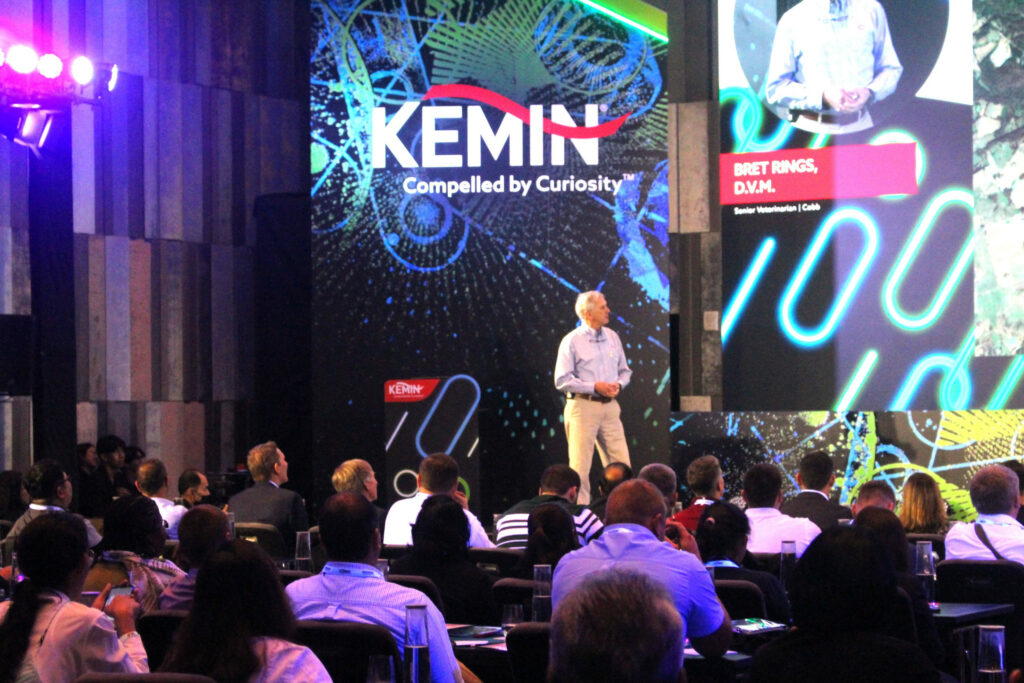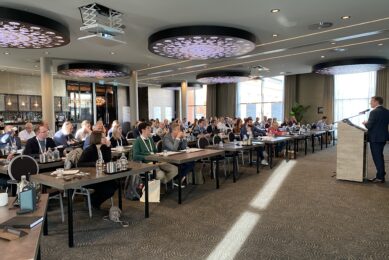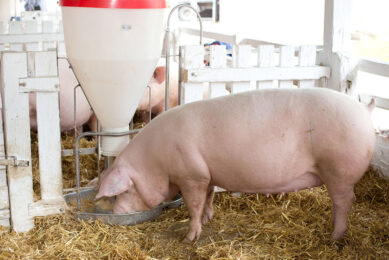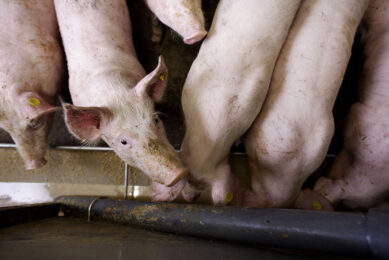A novel tool in the feed safety toolbox

The toolbox with regard to feed safety has been filled with an additional component. In a special event preceding VIV Asia 2025 in Bangkok, Thailand, this March, feed additive producer Kemin launched a new feed decontaminant.
The product, called Prosidium, would be filling a hole in the market, according to the company. For a long time, formaldehyde was considered the gold standard when it came down to feed decontamination, intended for e.g. pigs, poultry and dairy cows. As from 2018, however, the compound has been banned for its use in animal feed in Europe because of its carcinogenic properties.
Ever since, there has been a search for a replacement that achieves the same performance as formaldehyde – which proved to be easier said than done, according to Kemin’s lead researcher Dr Jatuporn Salaklang.
Drawbacks of heat treatment
In an overview she pointed to heat treatment (which would have drawbacks as absence of protection by recontamination and nutrients being affected by heat). She also pointed to non-formaldehyde-based solutions, which might include organic acids or their salts, which would have a weaker antimicrobial activity than formaldehyde, she said.
That is why the company’s research team set out to find alternatives and eventually came up with “peroxypropionic acid”. The compound, Dr Jatuporn explained, is highly effective and can be degraded into water and acids, which would make it also safe for humans.
In essence, Dr Jatuporn explained, Prosidium can be considered an extrapolation of earlier research as peroxides are being used in food and health care industries – but it did not meet the quality and criteria for use in the animal feed industries.
Safe, stable, compatible with feed mill applications
That is why the research team aimed to develop a “unique” peroxyacid formulation for pathogen control – a process in which all requirement boxes would have to be ticked. The compound had to be stable, safe, compatible with feed mill applications, etc. A new compound would also not affect feed ingredients or vitamins.
Kemin has been working on developing the new compound since 2022. In terms of mode of action, the organic peroxypropionic acid has been observed to “disrupt and perforate” bacterial and viral pathogen cell membranes, which results in the death of the cell. That would be a different mode of action than with conventional organic acids.
The company also emphasised the relative rapidity of the product’s rapid mode of action, within 30 minutes. This is actually a bonus over even formaldehyde, which normally works slowly.

No effect on feed consumption
The new compound has not been observed to affect feed consumption, Dr Jatuporn said. A palatability study was carried out in Brazil, she said. “The study suggested that piglets, which are very sensitive to flavours, did not reject feed that was treated with Prosidium. The study concluded that feed consumption was normal.”
The compound has already been approved for use in Brazil, South Africa and South East Asia and approval for the market in Thailand is expected to follow in the 3rd quarter of 2025. Approval in other regions of the world will follow soon after that.
At the event in Bangkok, various speakers came to the stage. Apart from Dr Jatuporn and various other Kemin colleagues, the event in Bangkok featured well-known speakers, including Prof Dr Filip van Immerseel, Ghent University, Belgium and Bret Rings, veterinarian at poultry breeder Cobb.











